- Home
- stock market
- Why dollars are called bucks or cheese, and other slang terms for money explained
Why dollars are called bucks or cheese, and other slang terms for money explained
#1. Boodle

#2. Brass
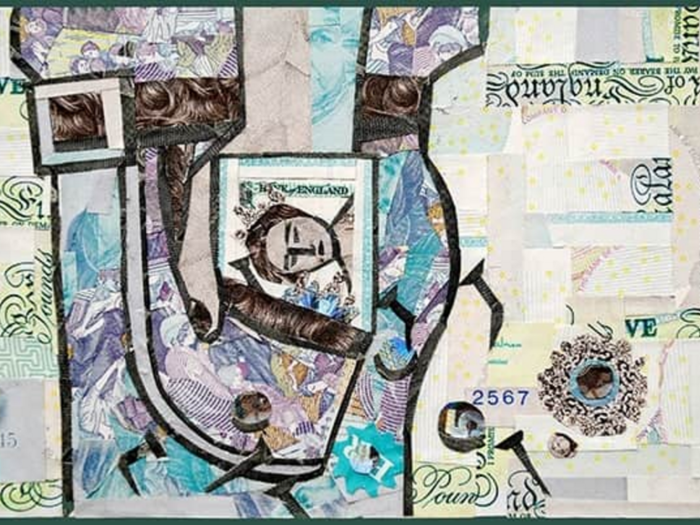
Origin: UK
Meaning: Northern English slang for money. Derived from "Where there's muck, there's brass”, in reference to scrap dealers.
Explanation: This rough and ready phrase comes from the working-class northern English towns of the last century, where many people earned a living dealing with waste materials, giving birth to the expression "where's there's muck, there's brass" - quite simply, brass could be found among the scrap and sold for profit!
#3. Buck
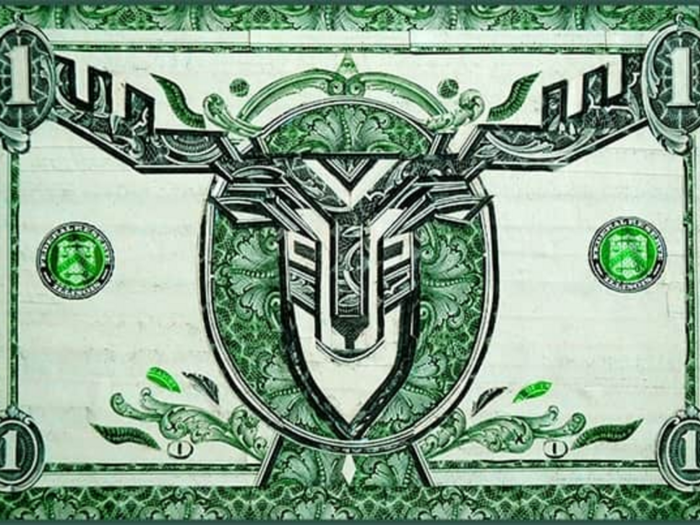
Origin: US
Meaning: One dollar. Derived from Pioneer times, when deer (or 'buck') skins were used as currency.
Explanation: Derived from 18th Century, pioneer-era America when buck (deer) skins were used as currency, a 'buck' is slang for one dollar, and has survived into the modern day, where it's still one of the most common terms used to describe money in the USA.
#4. Cheese
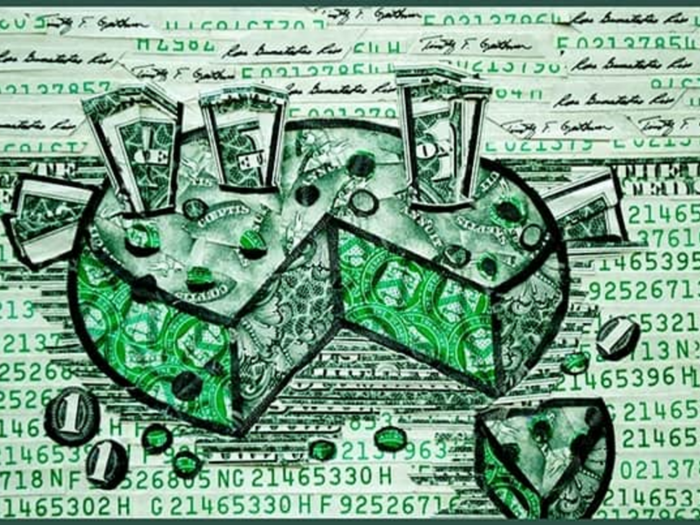
Origin: US
Meaning: Slang term for money. Derived from the fact Americans on welfare used to receive cheese as part of their benefits.
Explanation: This well-known American phrase was born at the end of the Second World War. Welfare packages included a hearty lump of cheese - so to receive your cheese meant to receive your benefits. In recent times the etymology of this phrase has developed further - our American friends often describe cash as 'cheddar'.
#5. Monkey
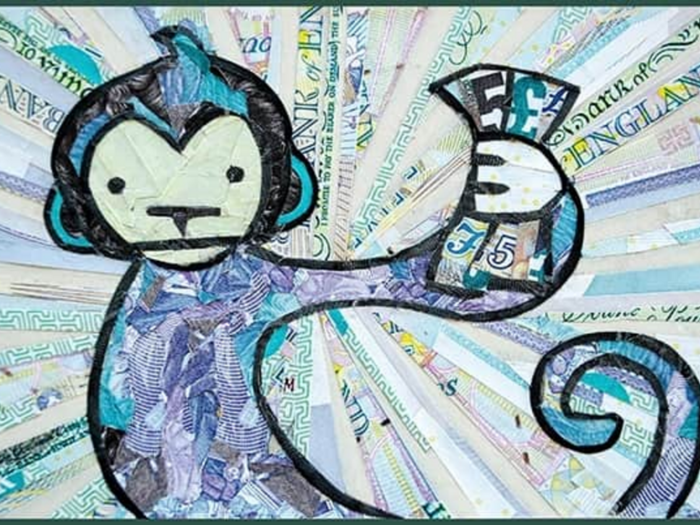
Origin: UK via India
Meaning: London slang for £500. Derived from the 500 Rupee banknote, which featured a monkey.
Explanation: While this London-centric slang is entirely British, it actually stems from 19th Century India. The British empire's control of India led to a number of phrases making their way across from the Raj to our shores, with a 'monkey' perhaps the most famous. Referring to £500, this term is derived from the Indian 500 Rupee note of that era, which featured a monkey on one side. Although the ape has since been replaced, the phrase lives on.
#6. Quid
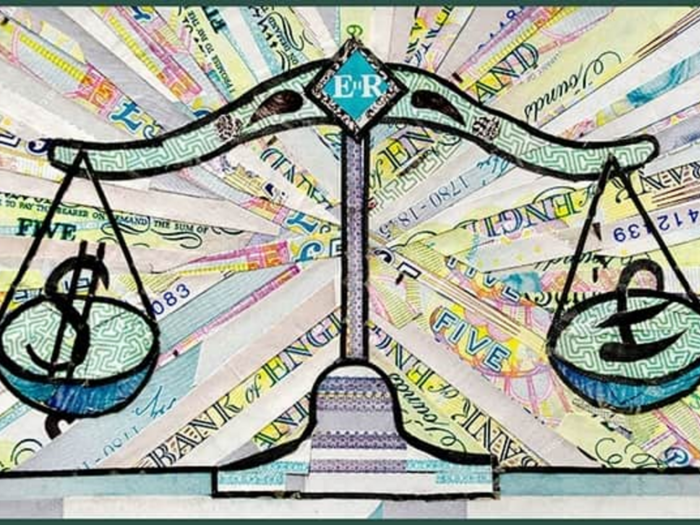
Origin: UK
Meaning: One British Pound. Derived from the Latin Quid Pro Quo, meaning 'one thing in exchange for another'.
Explanation: Perhaps the most famous British example on our list, the word 'quid' refers to a pound, and comes from the well-known Latin phrase 'quid pro quo' - literally 'something for something' - and describes the basic nature of using currency to buy items.
#7. Spondoolicks
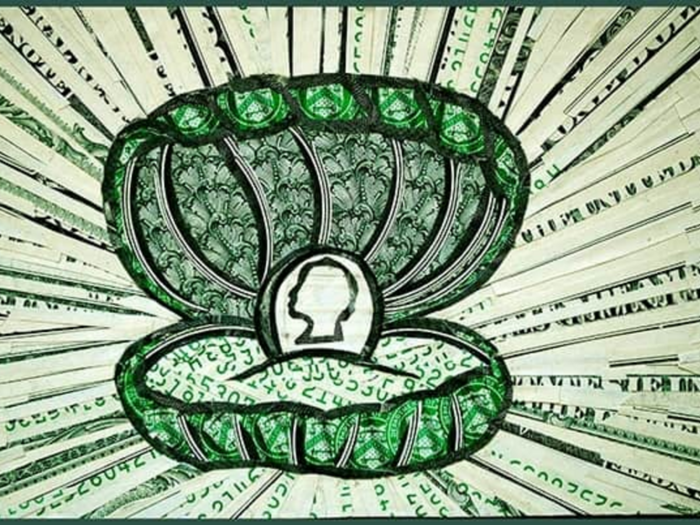
Origin: US/Ancient Greece
Meaning: Slang for money. Derived from the Greek Spondulys, meaning 'Shell', which were widely used as currency in ancient times.
Explanation: This phrase has fallen out of favour in recent times, but was one of the most commonly-used terms to describe money in 19th Century America. As with the American 'buck' (see above) the phrase 'spondoolicks' refers to an old form of currency. In ancient Greece, spondulys - or shells - were used for bartering, leading to this unusual expression taking hold across the pond.
#8. Tudse
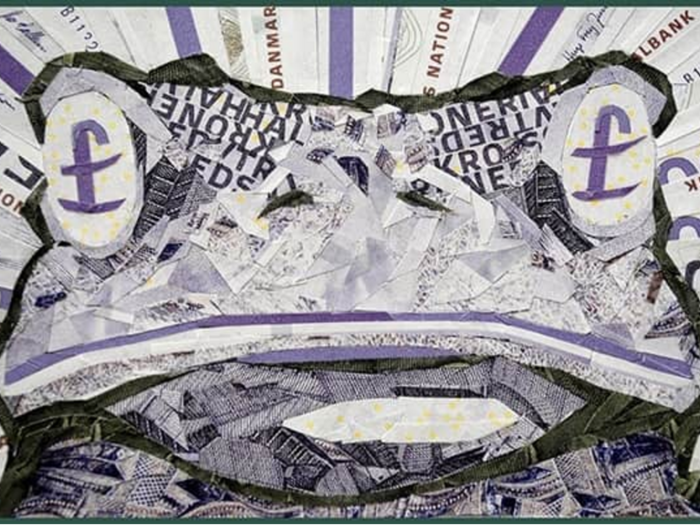
Origin: Denmark
Meaning: Danish for a 1,000Kr note, or a Tusind krone seddel. Tusind is then shortened to Tudse, which means ‘Toad’ in Danish.
Explanation: Used in Denmark to refer to a 1,000Kr note, this phrase derives from the similarity of the word 'tusind' - thousand - and the word 'tudse' - toad. Yes, that's right - the Danes refer to their money as a toad!
#9. Wonga
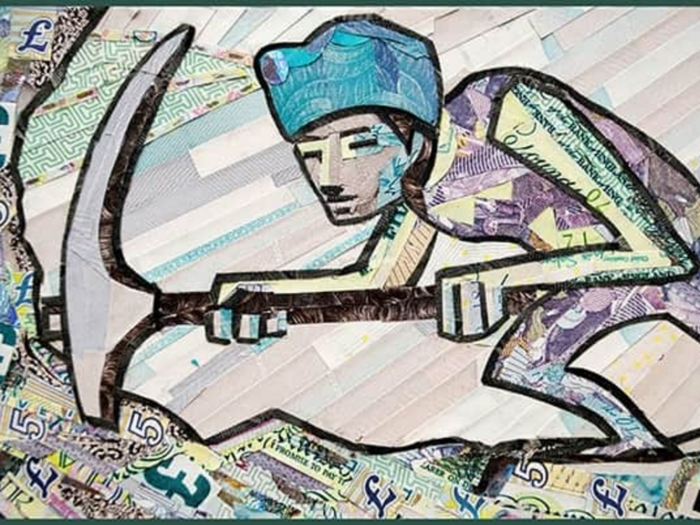
Origin: UK
Meaning: Slang for money. Derived from the Romani Wongar, meaning 'coal', which itself was used as slang for money in the 18th and 19th century.
Explanation: 'Wonga' - a corruption of the British Romani word for coal, 'wongar' - is used so frequently in Britain that it's even been borrowed by the country's most notorious loan company. Interestingly, the word 'coal' was itself a slang phrase for currency in the 18th and 19th Century, emphasising this unusual term's long history!
Popular Right Now
Advertisement